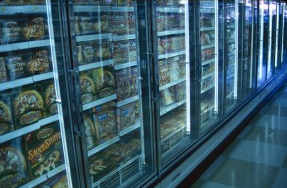There are a lot of myths floating around about how to save money on gas. I found a great article at Green Car Reports that spells it all out.
The first thing they mention is to monitor your driving style. It is best to accelerate gently and smoothly and to allow your car to drift and stop its own momentum if possible. Accelerating quickly and jamming on the breaks are sure ways to impact your gas consumption. Quoted from the article, “The energy required to push a car through air resistance rises almost exponentially above about 45 mph–so going from 60 to 75 mph costs you a lot more than the “same” 15-mph increase from 45 to 60 mph.”
Another interesting fact is that new cars get better gas mileage than cars 10 years earlier. Corporate average fuel-economy regulations must increase year after year and should reach 54.5 mpg by 2025. You should feel great that every new car you buy will have a better gas milage than your last and will have more standard features and more likely will be safer.
Electric cars seems to be the topic of discussion these days in regards to gas mileage. It turns out that plugin cars are much cheaper to run per mile. The average per kilowatt-hour is around 12 cents – that is pretty cheap.
It is reassuring that electric cars are becoming more prevalent/mainstream and fuel-economy regulations continue to drive automakers to build cars that are more fuel efficient than the last. As energy sources continue to become more scarce and as fuel costs will likely increase, this will help offset costs as cars will be able to run longer without needing to refuel.
 Saving money while at college can be a hard thing to do especially if you are a new student.
Saving money while at college can be a hard thing to do especially if you are a new student. I came across a recent
I came across a recent  An
An  A recent
A recent